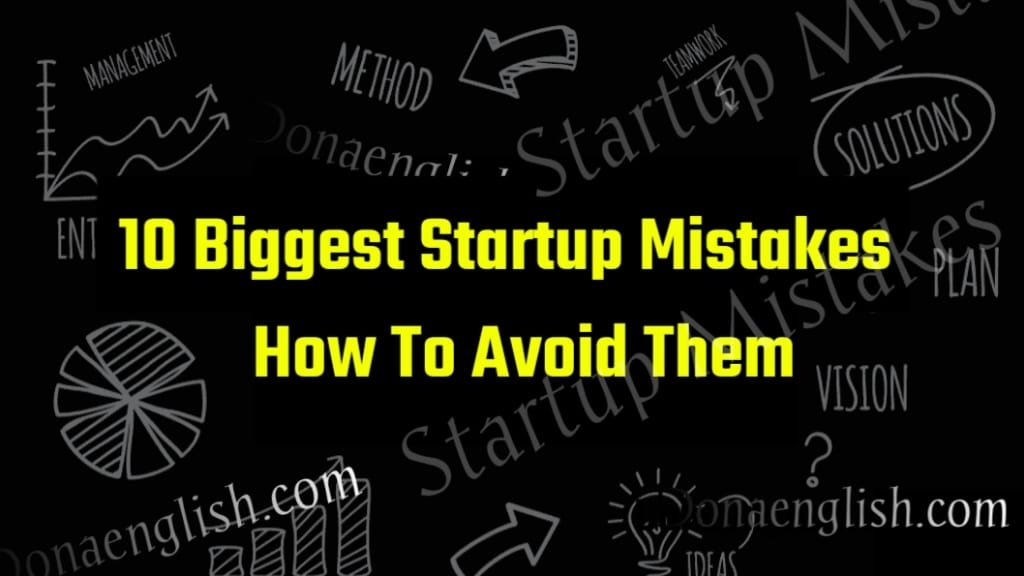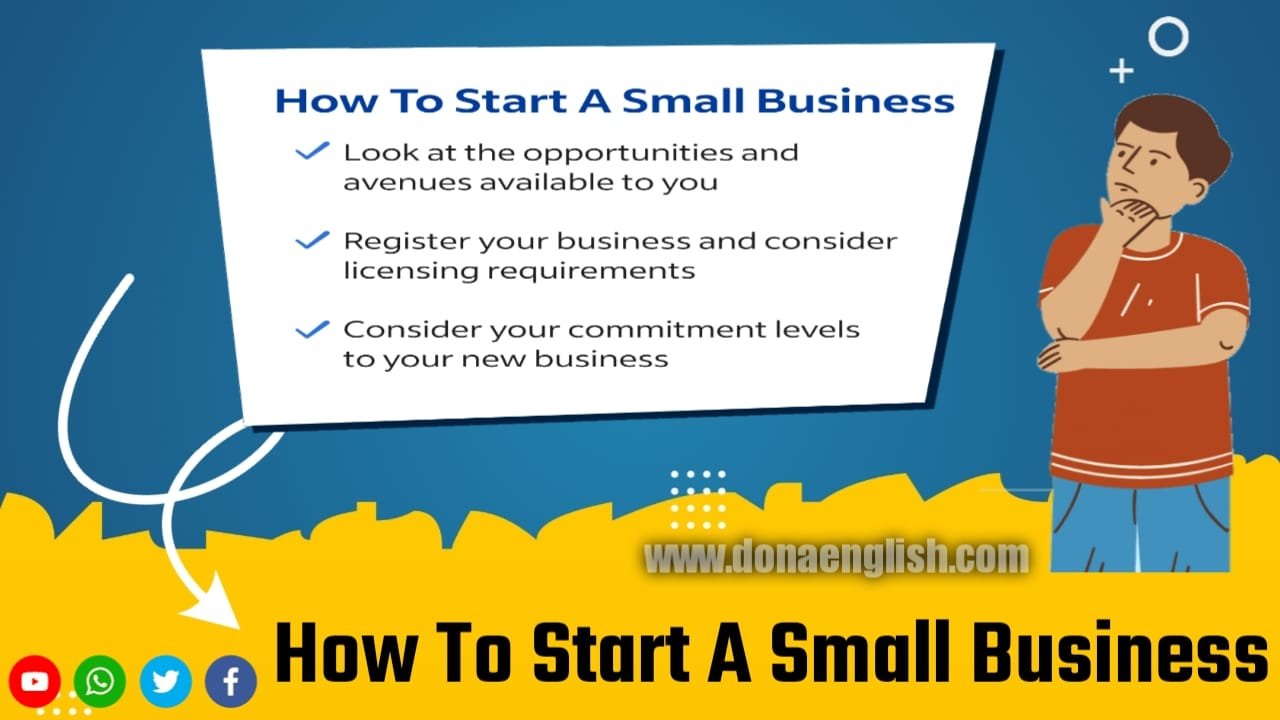Top 10 startup Financing Options To Start a Business :- If you are planning to borrow money for your business, then this article is useful for you, read the article completely and increase your finance related knowledge, we hope that the facts mentioned in this article will prove useful for you.
When you have a great business idea, funding is always the biggest hurdle. After all, it’s a great idea, but how do you raise the money to get it started?
If you have a technology-based idea, you may find it easier to get the attention of venture capitalists or angel investors, but as more companies are working in this direction, finding investors is becoming harder than ever.
We know it can be very difficult to figure out how to fund a startup business, especially when traditional business loans require one or more years in business. To help, we’ve compiled a list of 10 alternative funding options for startups.

10 startup Financing Options To Start a Business
1. Friends and family—
In the early stages of your business, finding the right funding option can be stressful. Often the best option is to get financing from your friends and family.
Borrowing money from friends and family is a classical way to start a business. Although it may be hard to convince investors or banks of the quality of your idea, your family and friends often believe in your dream.
They may be more eager to help fund your company. If you approach friends and family for a loan, it’s a good idea to make sure each of you gets good legal advice, especially if you’re taking money as a loan.
Borrowing from them can often mean paying a lower interest rate than a bank. This can help reduce your overall debt levels so you can put more cash back into your business. However, it is important to be aware that disputes over loans with friends and family can arise.
2. Apply for a business loan—
A more straightforward option for funding your startup is to get a small business loan. If you decide to get a bank loan, you’ll need to be organized and know your credit history. It’s also important to be transparent when working with lenders for a loan. They’ll want to know why you need it and how you plan to use it, whether it’s for everyday expenses or to support the structure of your business. You can apply for loan in these places.
● Bank – Some banks offer loans specifically to small businesses, but banks have historically been wary about lending money to small companies. It can be difficult to qualify for. There are alternative lending companies, however, that may be better equipped to help you start your business.
● Nonprofit Microlenders – If you are unable to get a loan from a bank because your startup or company is too small, you can look to small lenders for help.
● Online lenders – If you don’t have collateral and need money as quickly as possible, you can look for investors in startups online.
● SBA loans – SBA loans are backed by the U.S. Small Business Administration, which means the government agency guarantees the loan along with the lender if you default on the loan (think of it like the U.S. government co-signing your loan). In terms of startup loans, you won’t find better terms or interest rates than an SBA loan. There are many different SBA loans.
3. Angel investors—
Angel investors, who are often wealthy individuals, want to invest in a new business because they think it has potential. This form of startup funding does not involve monthly payments; however, it may require you to give up partial ownership of your company. Also, some angel investors may want to play an active role in the decision-making process when funding your business idea, while others may take a more laissez-faire approach.
4. Government schemes for grants or loans—
Many people don’t know that their government can offer convenient loans or outright grants to the aspiring entrepreneurs among them. Since new businesses are a huge source of economic growth in industrialized economies, it’s best for governments to support those individuals
Mission-driven organizations are also well-suited to receiving grant funding, as more and more grant programs are popping up to support sustainable and socially conscious businesses that have the potential to fuel a regenerative economy.
The downside of grants is that they are highly competitive, and often take time to apply. If you decide to get grant funding, choose a grant program that matches your business
If you are young (say, under 35 years old) or if you are starting a new business in the field of science or technology, you will have a good chance of getting some funding. Also, governments at various levels have their own personal loans available. To get this funding, you must search your local area
5. Business credit card—
When you’re not able to secure cash through other means, funding your startup with a credit card may be an option. When used responsibly, business credit cards can provide short-term financing for major purchases and expenses.
A 0% introductory APR credit card can be especially useful if you have a plan to pay off your balance before the introductory offer ends and higher interest rates are applied to your balance. Additionally, business credit cards are often better than personal credit cards because they can offer higher credit limits and business-specific rewards.
Also Read….


